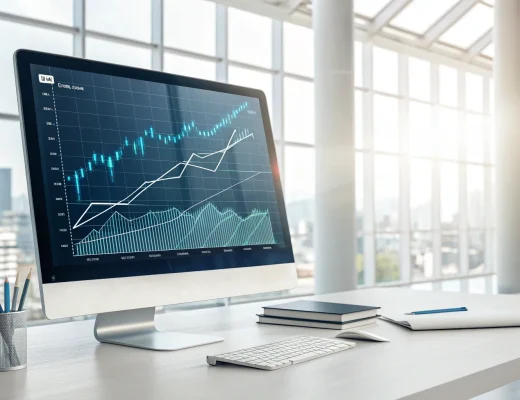
The U.S. retirement system received a C+ grade, ranking 29th out of 48 nations in the Mercer CFA Institute Global Pension Index for 2024. Experts attribute this ranking to issues such as limited retirement plan coverage and significant “leakage” from 401(k) accounts before retirement. According to data from the U.S. Bureau of Labor Statistics, as of March 2024, only 72% of private-sector workers had access to a retirement plan, and just 53% participated.
“This means there are a lot of people who have no retirement plan at all,” said Christine Mahoney, global retirement leader at Mercer. In contrast, countries like the Netherlands cover nearly all workers, contributing to their top-ranking status. The term “leakage” refers to the premature withdrawal of retirement savings, which is a significant issue in the U.S. American workers can withdraw their 401(k) savings when they change jobs.
According to the Employee Benefit Research Institute, about 40% of workers who leave a job each year tap into their 401(k) savings prematurely. A separate study from 2022 found that 41% of Americans who left their jobs from 2014 to 2016 withdrew at least some of their 401(k) funds, with 85% draining their accounts entirely.






